Nigeria
President Muhammadu Buhari has submitted a corrected version of the 2016 budget to Nigeria’s National Assembly, according to a letter from Buhari read out by the Senate head on Tuesday.
Following adjustments to the detailed breakdown of the budget that had “led to some confusion”, Buhari then submitted a new draft keeping the overall figures unchanged.
“In this regard, please find attached the corrected version. This is the version the National Assembly should work with as my 2016 budget estimates. The draft bill remains the same and there are no changes in any of the estimates,” the letter stated.
Last week, Nigerian newspapers were awash with stories about the budget going “missing” or having been “stolen”, followed by speculation that two versions were floating around.
At the weekend, presidency and senate sources said a letter had been sent to the two houses and that corrections would be made.
As lawmakers start debating the budget on Wednesday, further adjustments could be made such as to the assumed oil price, currently at $38 a barrel – well above the current market price.
Nigeria’s 6.08 trillion naira budget would see its deficit double to 2.2 trillion naira ($11 billion) under this administration’s plans. Capital expenditure would also be tripled for much needed infrastructure.
Brent crude, which gives Nigeria around 95 percent of its foreign earnings, has been crashing since the end of 2014 and slumped below $28 a barrel, a 12-year through.
This has sent the naira spiralling to record lows against the dollar on the parallel market amid dwindling FX reserves.



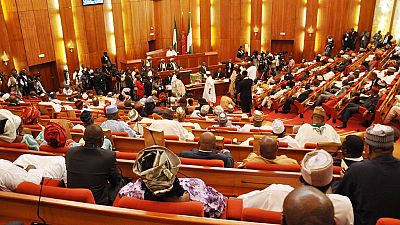

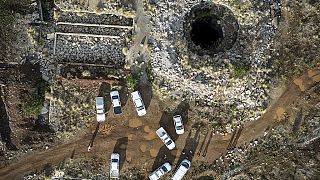
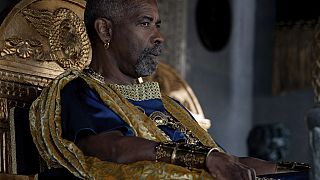
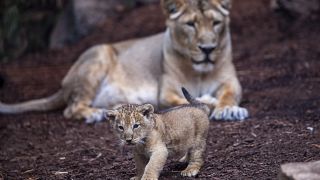
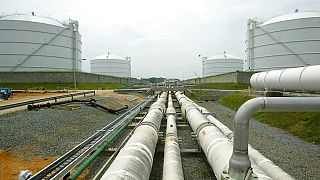
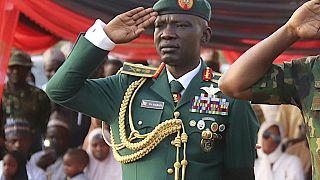
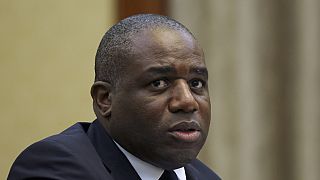
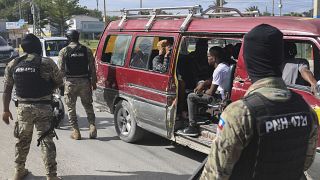
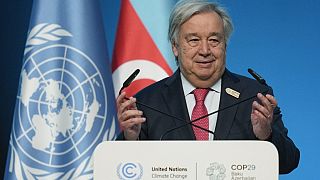
01:26
Zimbabwe’s Climate-Smart Agriculture: Empowering Farmers through Resilience and Innovation
08:00
Exploring Algeria's maritime potential: How key ports like Annaba and Djen Djen drive growth
01:29
Political analyst says Donald Trump's win moves US to the right
01:59
Botswana’s young farmers hope new government will boost agriculture sector
01:10
South Africa, UK sign bilateral agreements, agree to bolster trade and defence ties
01:33
Botswana goes to the polls as the country faces economic challenges